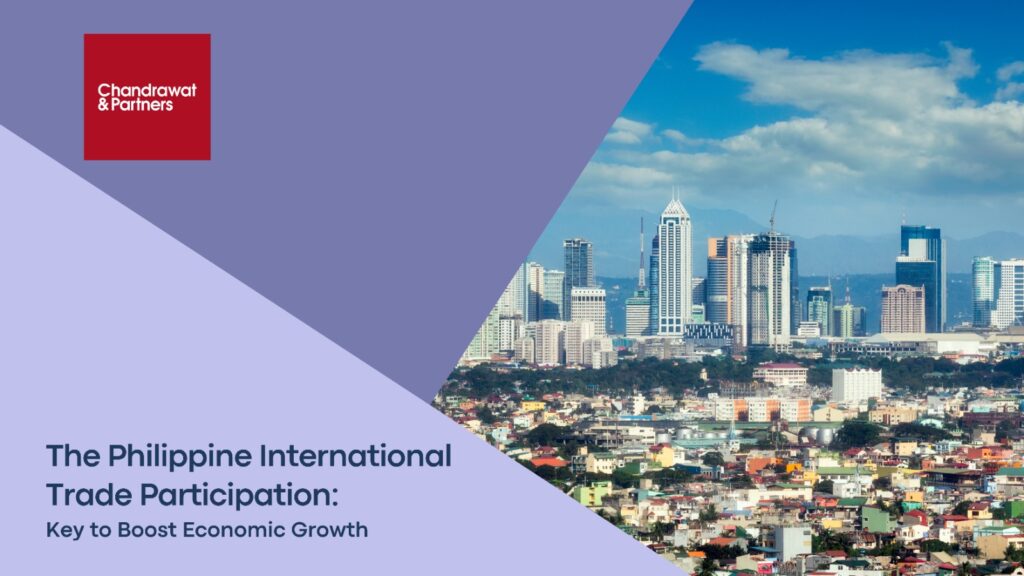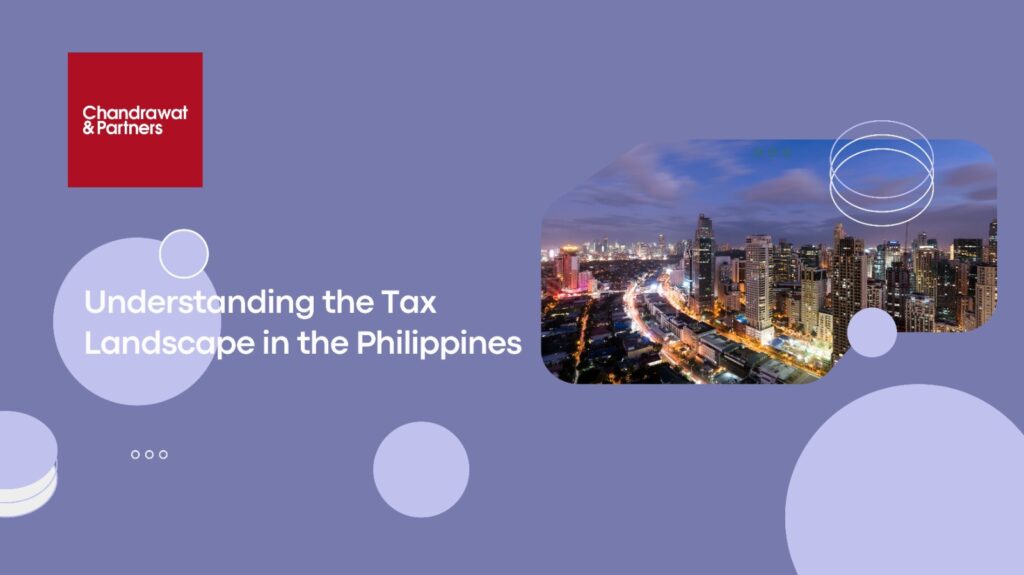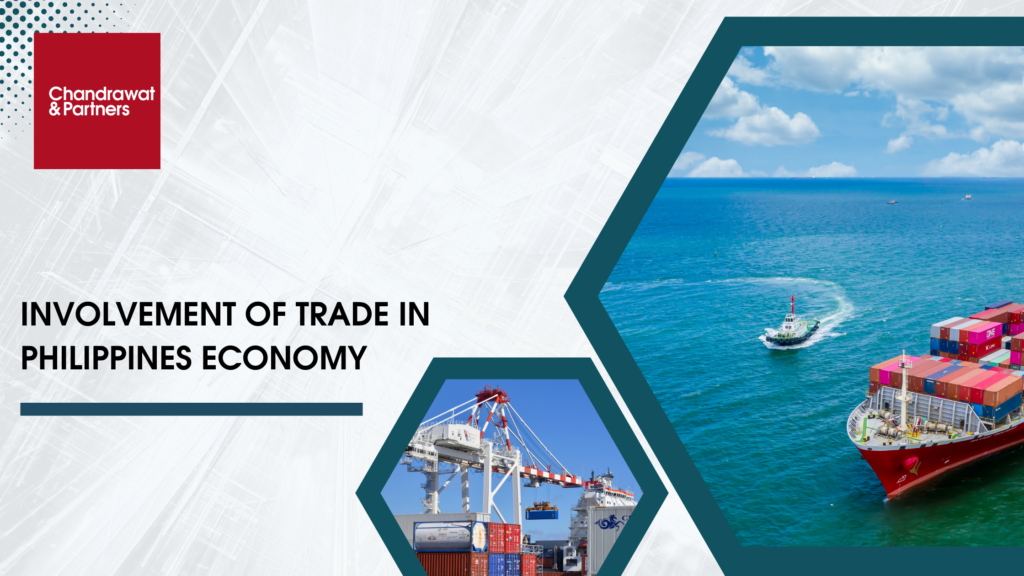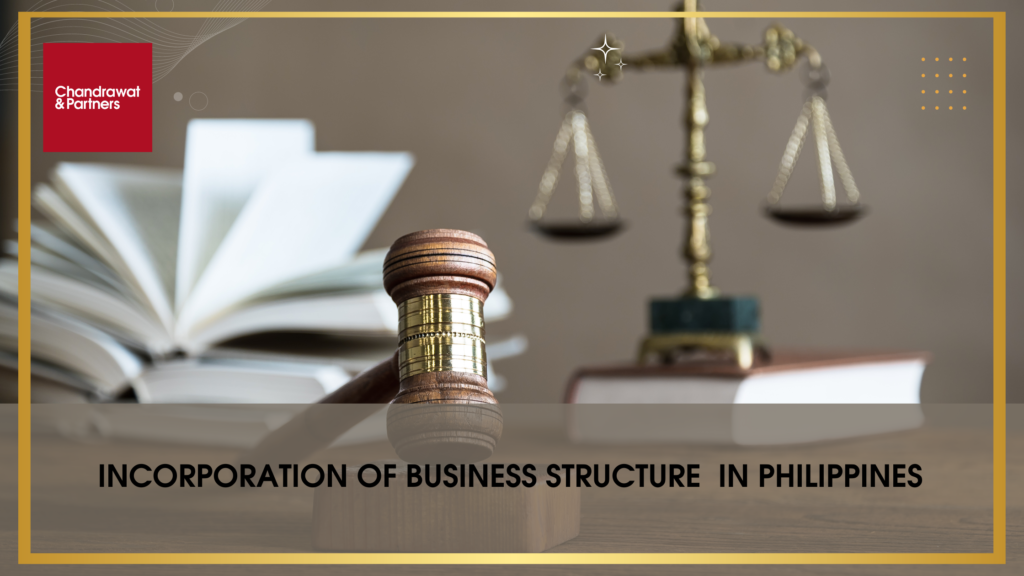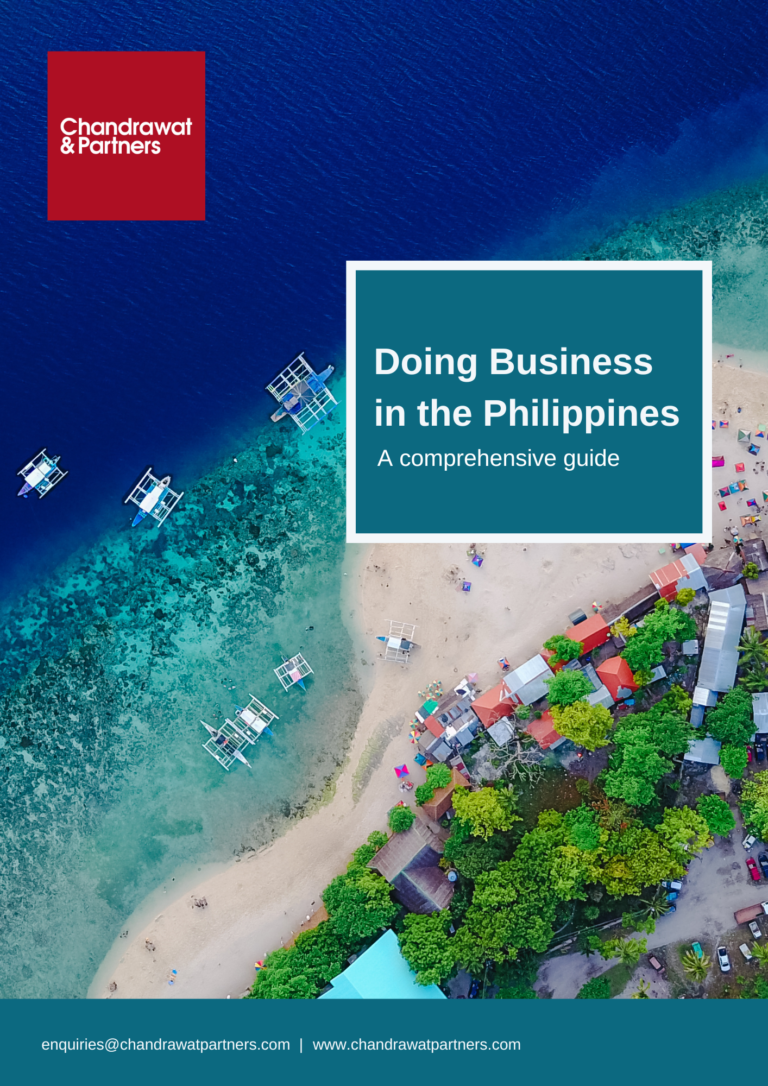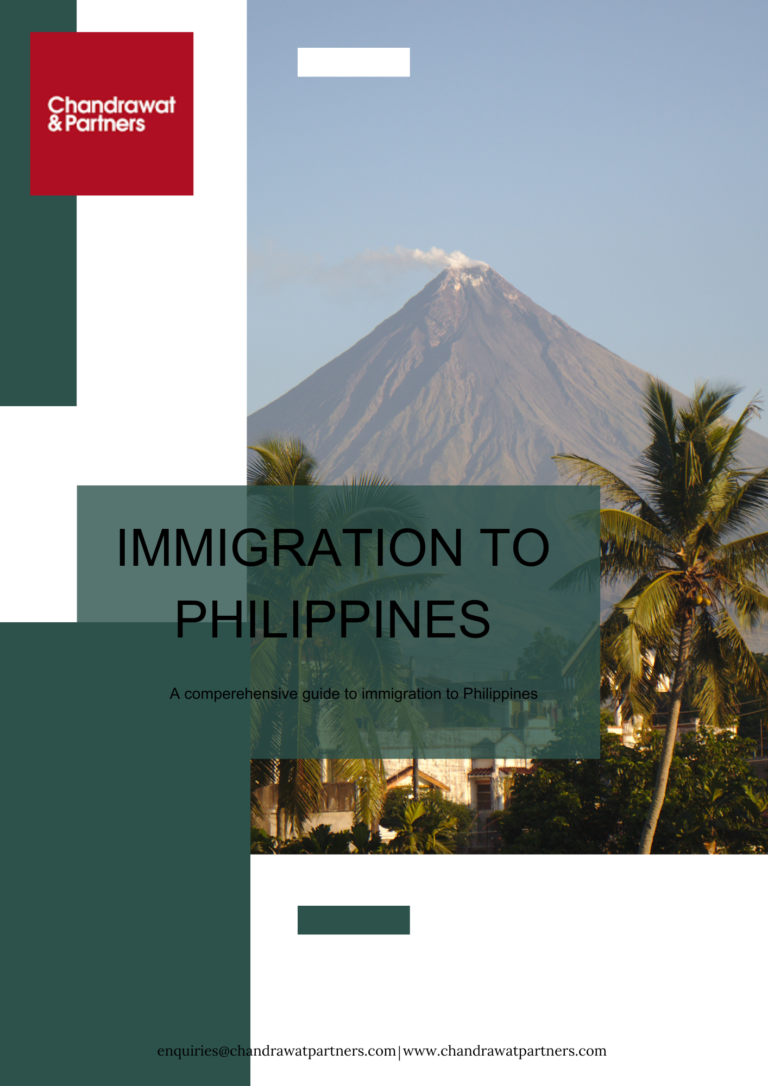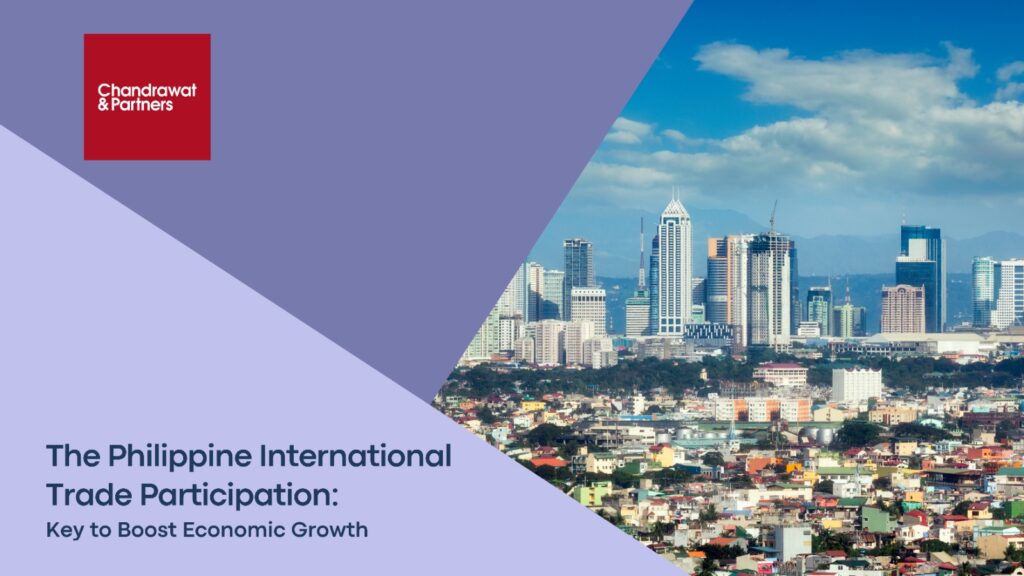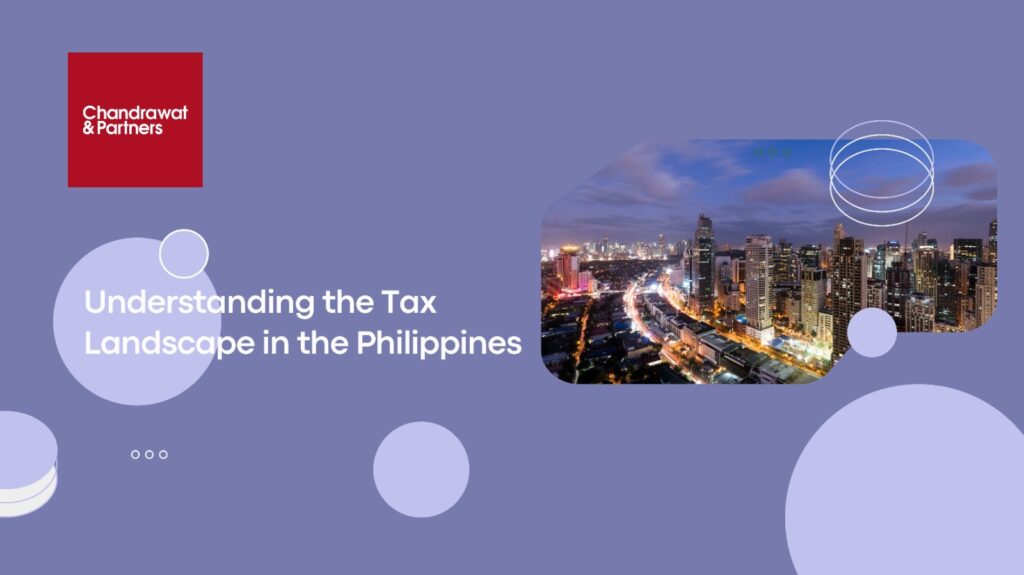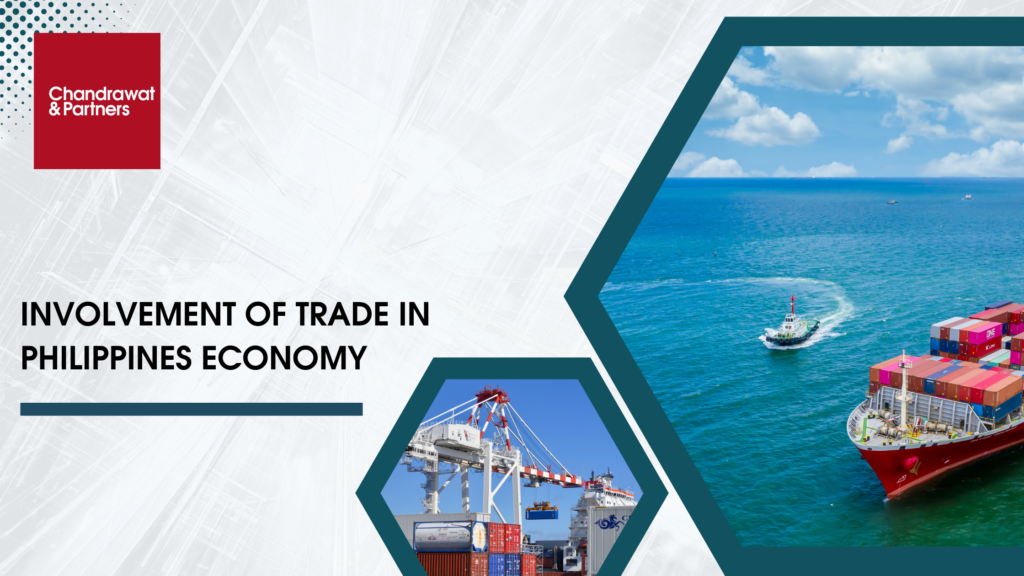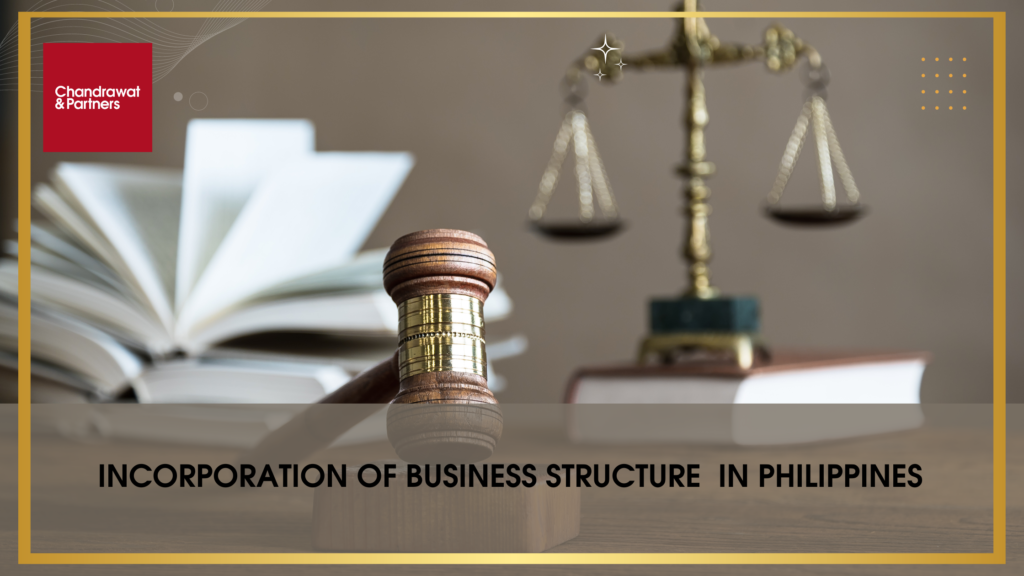Philippines
We have a team of professionals to help you with all your business needs. So, that you can focus on business expansion in Philippines.
WHY PHILIPINES ?
Situated in the western Pacific Ocean, inclusive of around 7,641 islands, Philippines is one of the largest archipelagos in Southeast Asia. Among world’s leading producers and exporters of coconuts, Philippines also occupies a strategic geographic gateway to the Asian markets. Philippines, at current growth rate, could become 16th biggest economy by 2050. The 21st century has witnessed the development of the country from an agricultural to a service-based economy. It is blessed with large deposits of natural resources and ranks among top ten in production of gold, copper and chromite, around the world. The country boasts of rich natural beauty in its many spectacular beaches, sunny weather and rich bio-diversity. More than that, the Philippines’ unique and complex culture, as exemplified by its people, cuisine and lifestyle, attracts many people to visit the country.
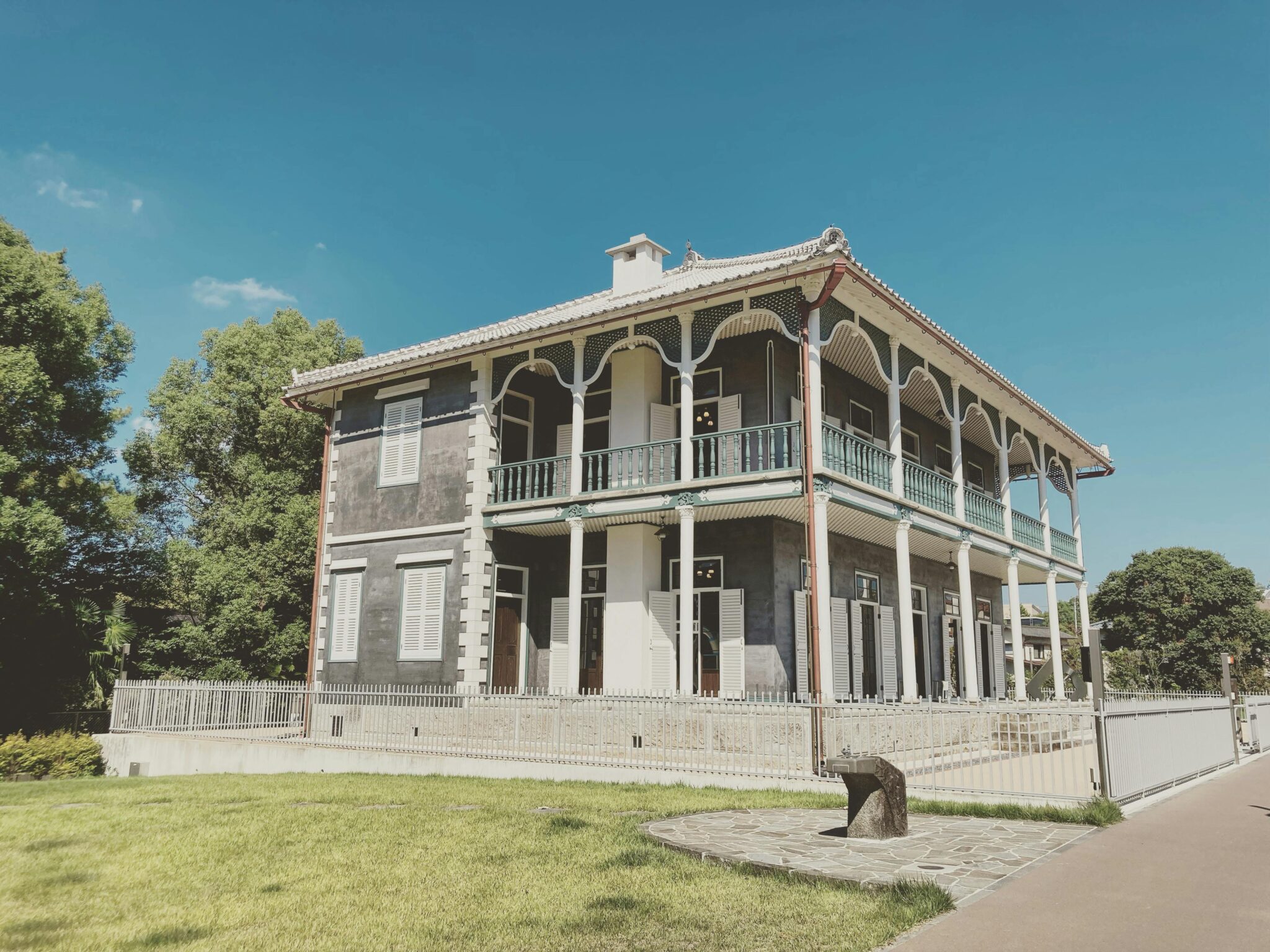
ADVANTAGES
Strategic Business Location
Philippines is one of the fastest-growing regions. The country is within four hours of flying time from major economic hubs in the region. Its strategic location, between the crossroads of the eastern and western business, makes the Philippines entry points for investors exploring the Asian market.
Liberalized and Business-Friendly Economy
The open economy of the Philippines allows 100% foreign ownership in almost all sectors and supports a Build-Operate-Transfer (BOT) investment scheme that other Asian countries emulate. To create an investor-friendly climate and attract foreign business ventures, the Philippines’ government has introduced various incentives, which includes:
- Tax deductions and exemptions;
- Income tax holidays; and
- Special economic zones as well as non-fiscal incentives, such as permanent resident status for foreign investors and their families.
Developing Infrastructure for Global Growth
- The Philippines’s well-developed communication, transportation, business, and economic infrastructure link the three major islands and distinguish its economy than other neighboring countries.
- The Philippines is accessible by air, water, and cyberspace, liberalization of inter-island shipping and domestic aviation; and
- Landmark legislation allows private investors to create and operate infrastructure.
Unlimited Business Opportunities
The Philippines is the most suitable location for firms looking for access to a wide-ranging Asian market with vast trade opportunities. The Philippines is enhanced and primed up in various areas for investors and offers a dynamic consumer market accustomed to an array of product choices created by a competitive domestic economy.
SIMPLE TAX REGIME
Taxes in the Philippines are lower than in most of the rest of the world, though not as low as in other Southeast Asian countries, which helps to support the economy.
Personal Tax

The personal Income Tax of residents in the Philippines is taxed progressively up to 32%. Resident citizens are taxed on all their net
income derived from sources within or outside the Philippines. For a non-resident, an individual is taxable only on income derived from sources within the Philippines. The tax rate in the Philippines will be:
- Income from Php 0 – 10,000 is liable to tax at rate of 5%;
- From Php 10,000 – 30,000 is liable to tax at rate of 10%;
- From Php 30,000 – 70,000 is liable to tax at rate of 15%;
- From Php 70,000 – 140,000 is liable to tax at rate of 20%;
- From Php 140,000 – 250,000 is liable to tax at rate of 25%;
- From Php 250,000 – 500,000 is liable to tax at the rate of 30%, and
- From Php 500,000 and above is liable to tax at the rate of 32%.
Income in the Philippines is divided into the following three categories which are taxed separately, as below;
Compensation Employment Income: (CEI) is taxed at progressive rates on gross income after deduction of personal and additional exemptions but without deductions for expenses.
Passive Income: (PI), including dividends and interest, is subject to tax at 7.5%.
Business Income and Professional Income: (BI) is taxed at progressive rates , after deduction of certain specified expenses.
Corporate Tax
The Corporate Tax rate both for domestic and resident foreign corporations is 30% based on net taxable income. Resident or non-resident foreign corporations are taxable only on income derived from sources within the Philippines.
The tax rate for non-resident
- Dividend is liable to tax at rate of 15%.
- Interest is liable to tax at rate of 20%.
- Royalty is liable to tax at rate of 30%.
- Technical Fee is liable to tax at rate of 30%.
Value Added Tax / Sales Tax: A 12% (VAT) of the gross selling price is imposed to all importation, sale, barter, exchange or lease of goods or properties and sale of services.
PHILIPPINES COMPANIES
Domestic Corporation with foreign shareholders
Domestic Corporation with foreign shareholders is the most popular option for foreign businesses and can be established by one shareholder who is an individual, partnership, association, or corporation. It requires providing a minimum capital investment.
Joint venture

A joint venture is a partnership between a domestic and foreign partner. It is established by an agreement between corporations. Each partner contributes to a single project.
Regional headquarters/regional operating headquarters
A Regional headquarters is established to serve as an administrative branch of a foreign company that is engaged in international trade. It supervises, coordinates, and communicates with its subsidiaries and branches. The regional headquarters does not earn or generate income in the Philippines. They are not allowed to perform business that earns income from the Philippines. They are involved in the following type of activities:
- General administration;
- Business planning;
- Finance activity; and
- Logistical services etc.

Branch Office
Branch Office is an extension of a foreign company that is permitted to perform business activities and generate income. They cannot perform activities prohibited by the Foreign Investment Negative List. Separate directors or corporate officers are not necessary for branch offices. Branch offices must have a resident agent. If the agent is a foreign national, the agent must have a work permit in the Philippines.
Representative Office
A Representative Office in the Philippines can be only set up to promote its parent company or for conducting market research. Although it establishes a legal presence in the Philippines but is not allowed to engage in commercial activities or earn revenue or income within the country. The Representative Office is not liable for income tax. This type of office is fully subsidized by its head office.

RELATED BLOGS
Contact Us
Get in touch with the right people to get the right help in setting up your business in Philippines.
We have a team of professionals to help you with all your business needs. So, that you can focus on business expansion in Philippines.
Please feel free to email us on enquiries@chandrawatpartners.com
Philippines
Why philipines?
Situated in the western Pacific Ocean, inclusive of around 7,641 islands, Philippines is one of the largest archipelagos in Southeast Asia. Among world’s leading producers and exporters of coconuts, Philippines also occupies a strategic geographic gateway to the Asian markets. Philippines, at current growth rate, could become 16th biggest economy by 2050. The 21st century has witnessed the development of the country from an agricultural to a service-based economy. It is blessed with large deposits of natural resources and ranks among top ten in production of gold, copper and chromite, around the world.
The country boasts of rich natural beauty in its many spectacular beaches, sunny weather and rich bio-diversity. More than that, the Philippines’ unique and complex culture, as exemplified by its people, cuisine and lifestyle, attracts many people to visit the country.
Advantages
Strategic Business Location
Philippines is one of the fastest-growing regions. The country is within four hours of flying time from major economic hubs in the region. Its strategic location, between the crossroads of the eastern and western business, makes the Philippines entry points for investors exploring the Asian market.
Liberalized and Business-Friendly Economy
The open economy of the Philippines allows 100% foreign ownership in almost all sectors and supports a Build-Operate-Transfer (BOT) investment scheme that other Asian countries emulate. To create an investor-friendly climate and attract foreign business ventures, the Philippines’ government has introduced various incentives, which includes:
- Tax deductions and exemptions;
- Income tax holidays; and
- Special economic zones as well as non-fiscal incentives, such as permanent resident status for foreign investors and their families.
Developing Infrastructure for Global Growth
- The Philippines’s well-developed communication, transportation, business, and economic infrastructure link the three major islands and distinguish its economy than other neighboring countries.
- The Philippines is accessible by air, water, and cyberspace, liberalization of inter-island shipping and domestic aviation; and
- Landmark legislation allows private investors to create and operate infrastructure.
Unlimited Business Opportunities
The Philippines is the most suitable location for firms looking for access to a wide-ranging Asian market with vast trade opportunities. The Philippines is enhanced and primed up in various areas for investors and offers a dynamic consumer market accustomed to an array of product choices created by a competitive domestic economy.
Simple Tax Regime
Taxes in the Philippines are lower than in most of the rest of the world, though not as low as in other Southeast Asian countries, which helps to support the economy.
Personal Tax
The personal Income Tax of residents in the Philippines is taxed progressively up to 32%. Resident citizens are taxed on all their net income derived from sources within or outside the Philippines. For a non-resident, an individual is taxable only on income derived from sources within the Philippines. The tax rate in the Philippines will be:
- Income from Php 0 – 10,000 is liable to tax at rate of 5%;
- From Php 10,000 – 30,000 is liable to tax at rate of 10%;
- From Php 30,000 – 70,000 is liable to tax at rate of 15%;
- From Php 70,000 – 140,000 is liable to tax at rate of 20%;
- From Php 140,000 – 250,000 is liable to tax at rate of 25%;
- From Php 250,000 – 500,000 is liable to tax at the rate of 30%, and
- From Php 500,000 and above is liable to tax at the rate of 32%.
Income in the Philippines is divided into the following three categories which are taxed separately, as below;
Compensation Employment Income: (CEI) is taxed at progressive rates on gross income after deduction of personal and additional exemptions but without deductions for expenses.
Passive Income: (PI), including dividends and interest, is subject to tax at 7.5%.
Business Income and Professional Income: (BI) is taxed at progressive rates , after deduction of certain specified expenses.
Corporate Tax
The Corporate Tax rate both for domestic and resident foreign corporations is 30% based on net taxable income. Resident or non-resident foreign corporations are taxable only on income derived from sources within the Philippines.
The tax rate for non-resident
- Dividend is liable to tax at rate of 15%.
- Interest is liable to tax at rate of 20%.
- Royalty is liable to tax at rate of 30%.
- Technical Fee is liable to tax at rate of 30%.
Value Added Tax / Sales Tax: A 12% (VAT) of the gross selling price is imposed to all importation, sale, barter, exchange or lease of goods or properties and sale of services.
Philippines Companies
Domestic Corporation with foreign shareholders
Domestic Corporation with foreign shareholders is the most popular option for foreign businesses and can be established by one shareholder who is an individual, partnership, association, or corporation. It requires providing a minimum capital investment.
Joint venture
A joint venture is a partnership between a domestic and foreign partner. It is established by an agreement between corporations. Each partner contributes to a single project.
Regional headquarters/regional operating headquarters
A Regional headquarters is established to serve as an administrative branch of a foreign company that is engaged in international trade. It supervises, coordinates, and communicates with its subsidiaries and branches. The regional headquarters does not earn or generate income in the Philippines. They are not allowed to perform business that earns income from the Philippines. They are involved in the following type of activities:
- General administration;
- Business planning;
- Finance activity; and
- Logistical services etc.
Branch Office
Branch Office is an extension of a foreign company that is permitted to perform business activities and generate income. They cannot perform activities prohibited by the Foreign Investment Negative List. Separate directors or corporate officers are not necessary for branch offices. Branch offices must have a resident agent. If the agent is a foreign national, the agent must have a work permit in the Philippines.
Representative Office
A Representative Office in the Philippines can be only set up to promote its parent company or for conducting market research. Although it establishes a legal presence in the Philippines but is not allowed to engage in commercial activities or earn revenue or income within the country. The Representative Office is not liable for income tax. This type of office is fully subsidized by its head office.
Related blogs
Philippines, at current growth rate, could become 16th biggest economy by 2050. The 21st century has witnessed the development of the country from an agricultural to a service-based economy. The Philippines is blessed with large deposits of natural resources and ranks among top ten in production of gold, copper and chromite, around the world.
Author: Chandrawat & Partners
Topic: Doing Business in Philippines
Contact Us
Get in touch with the right people to get the right help in setting up your business in Philippines.
Contact us at: enquiries@chandrawatpartners.com

